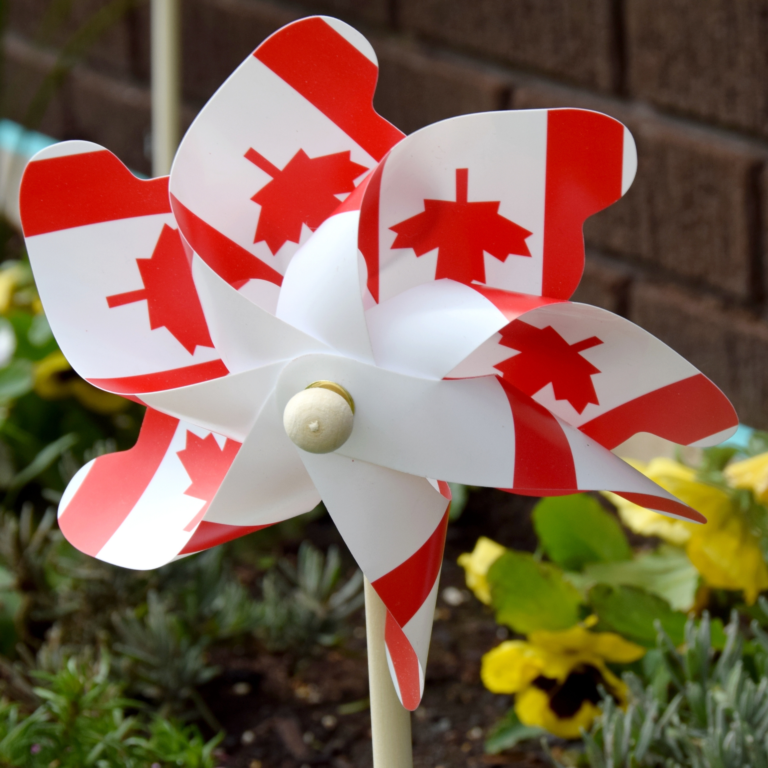About Canada

Canada is a rich country with great potential. A wonderful place to settle, live, work or study. Many thousands of people choose to come to Canada every year and make it their new home. Canada is an incredible place to live. The country offers an enviable quality of life to its inhabitants. It's stable, multicultural and safe, with vast landscapes that take your breath away. The healthcare system is highly developed, and the education system is one of the best in the world.
Canada's official languages are English and French, and over 200 other languages are spoken throughout the country. The capital of Canada is Ottawa, and the largest cities are Toronto, Vancouver, Montreal and Calgary. Cultural tolerance is one of the most important values in Canadian society. The Canadian Charter of Rights and Freedoms guarantees equality for all.
Canada is a country where creativity and innovation are nurtured through incubators and major research centers. What's more, Canada produces leaders in every field.
Canada has a competitive economy and is one of the most stable economies in the world. The growth rate is one of the highest in the G8, and this trend is set to continue according to IMF predictions. Canada ranks :
In the top 15 of the world's most competitive economies (Source: Conference Board)
Second-ranked G7 country in terms of attractiveness to long-term investors thanks to solid infrastructure (Source: Global Infrastructure Investment Index)
Top of the G8 ranking for banking system soundness (Source: World Economic Forum)
In the world's top 10 best countries to do business (Source: Forbes).
History of Canada (Source: Canada course for Education Agents).
Canada's first inhabitants were the First Nations, including the Inuit in northern Canada. These peoples spanned the territory of present-day Canada, and had unique and dynamic cultures and economies. Canada was then colonized by the British and French, and for many years was governed as a British colony. Canada gains its independence.
From 1864 to 1867, representatives of Nova Scotia, New Brunswick and the Province of Canada (present-day Ontario and Quebec), with British support, worked together to found a new country. These men are known as the Fathers of Confederation. They created two levels of government: federal and provincial.
The old province of Canada was divided into two new provinces: Ontario and Quebec, which together with New Brunswick and Nova Scotia formed the new country called the Dominion of Canada. Each province would elect its own legislature and control areas such as education and health.
The British Parliament passed the British North America Act in 1867. The Dominion of Canada officially came into being on July 1, 1867. All the remaining provinces joined Confederation one by one over the next few years. Newfoundland and Labrador is Canada's most recent province, having joined Confederation in 1949.
In 1982, the country officially broke its legal dependence on the British Parliament with the Canada Act, and obtained its own constitution and important Charter of Rights and Freedoms. Today's Canada has strong historical links with Britain, but more real ties with the United States (its biggest trading partner), although its foreign policy and political structure are distinct.
Canada was a founding member of NATO, the United Nations, the Commonwealth and La Francophonie.
From 1864 to 1867, representatives of Nova Scotia, New Brunswick and the Province of Canada, with British support, worked together to found a new country. These men are known as the Fathers of Confederation. They created two levels of government: federal and provincial.
The old province of Canada was divided into two new provinces: Ontario and Quebec, which together with New Brunswick and Nova Scotia formed the new country called the Dominion of Canada. Each province would elect its own legislature and control areas such as education and health.
The British Parliament passed the British North America Act in 1867. The Dominion of Canada officially came into being on July 1, 1867. All the remaining provinces joined Confederation one by one over the next few years. Newfoundland and Labrador is Canada's most recent province, having joined Confederation in 1949.
In 1982, the country officially broke its legal dependence on the British Parliament with the Canada Act 1982, and obtained its own constitution and the important Canadian Charter of Rights and Freedoms. Today's Canada has strong historical links with Britain, but more real ties with the United States (its biggest trading partner), although its foreign policy and political structure are distinct.
Canada was a founding member of NATO, the United Nations, the Commonwealth and La Francophonie.
Canadian economy (Source: Canada course for Education Agents).
As one of the world's largest and wealthiest industrialized nations, Canada has always been a trading nation, and trade remains the engine of economic growth. It is a member of the G7, the G20, the Organisation for Economic Co-operation and Development (OECD), the United Nations (UN), the World Trade Organization (WTO) and many other international bodies.
The Canadian economy comprises three main types of industry:
Service industries offer thousands of different jobs in areas such as transportation, education, healthcare, construction, banking, communications, retail, tourism and government. Over 75 % of Canadian workers now have jobs in service industries.
Manufacturing industries produce products for sale in Canada and around the world. Manufactured products include paper, high-tech equipment, aerospace technology, automobiles, machinery, food, clothing and many others. The United States is Canada's largest international trading partner.
Natural resource industries include forestry, fishing, agriculture, mining and energy. These industries have played an important role in the country's history and development. Today, the economy of many parts of the country still depends on natural resource development, and a large percentage of Canada's exports are natural resource products.
Although Canada has a highly educated workforce and a diversified economy, it is unusual among developed countries in the continued importance of its natural resources sector. The Canadian dollar is one of the world's most stable currencies.




